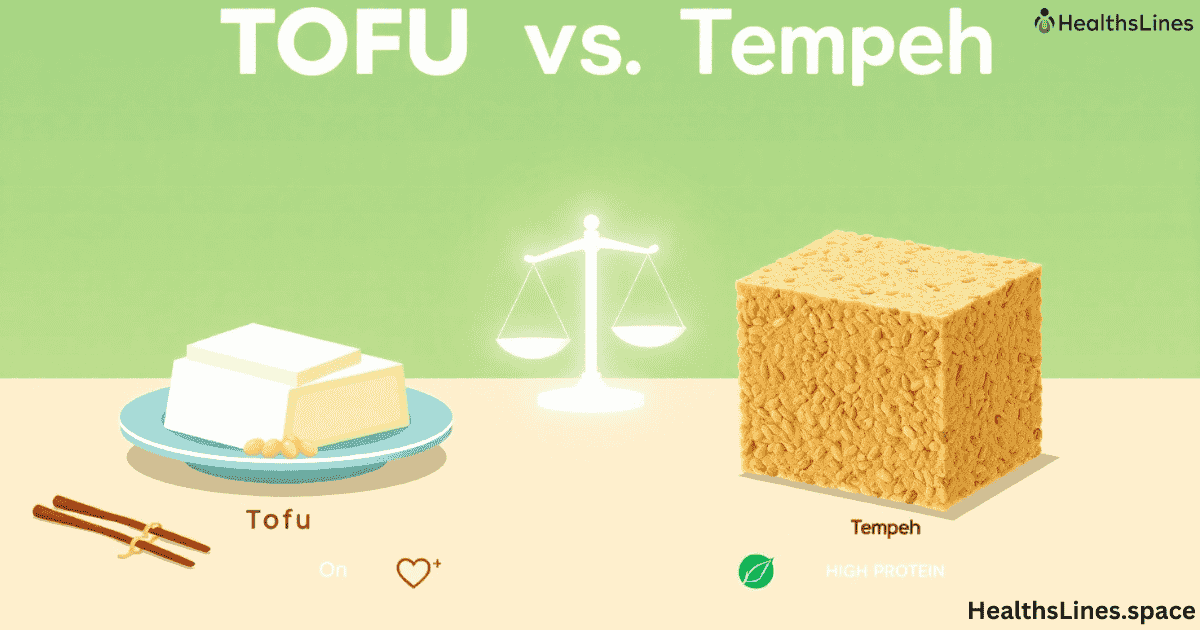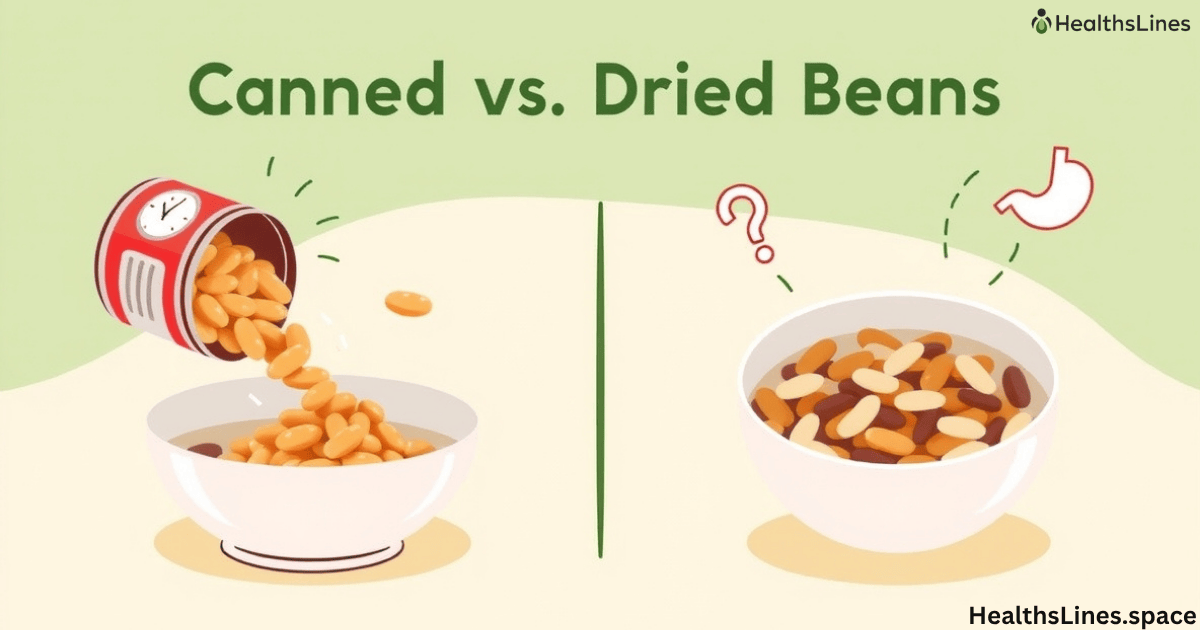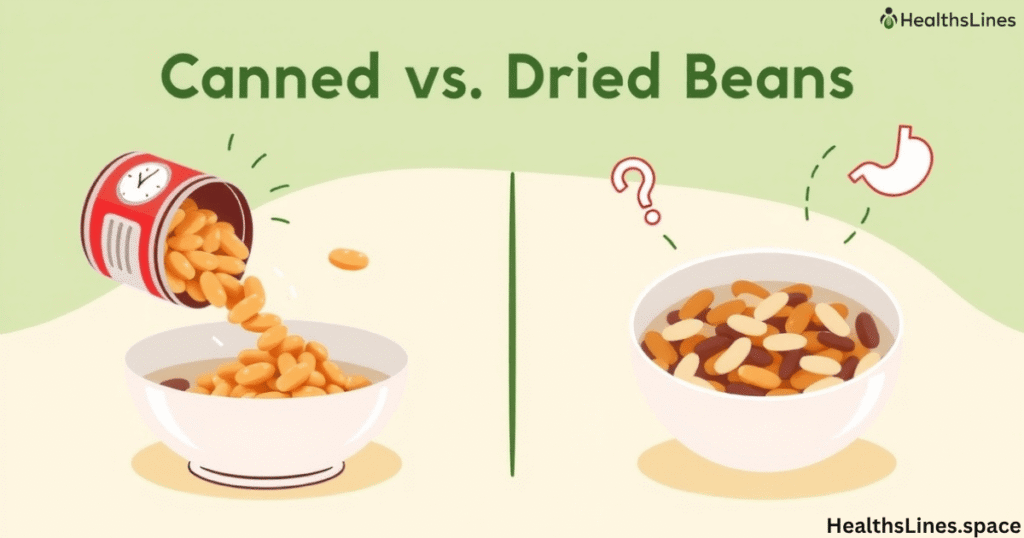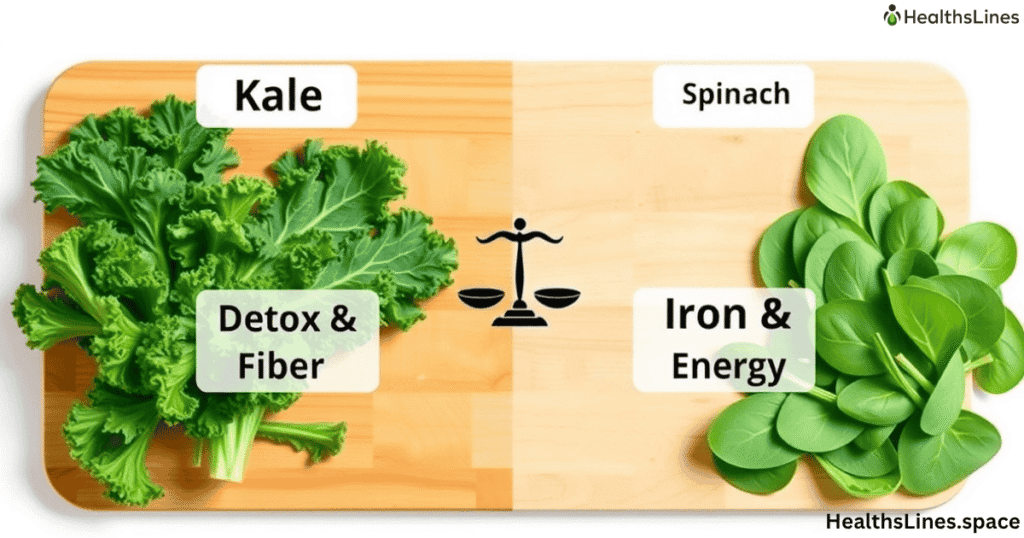Introduction
More people today are choosing a vegan diet or eating fewer animal foods. When it comes to plant-based protein sources, two names appear again and again: Tofu vs Tempeh. Both are soy-based foods, but they are not the same. They taste different, feel different in the mouth, and even give your body different nutrients.
Tofu was first made in China thousands of years ago, while tempeh originating from Indonesia makes it a traditional food in Southeast Asia. Both are popular in vegan cooking, and many people wonder about tofu vs tempeh which is better. In this guide, you’ll see how they are made, what nutrients they give, their health benefits, and how they fit into your meals.
What Is Tofu?
Tofu is also called bean curd. It’s made by curdling soy milk and pressing it into soft white blocks. The process is simple, but the result is a food that can be used in many different ways. Because of its mild flavor, tofu soaks up sauces, spices, and marinades like a sponge. That’s why it works in sweet desserts, savory stir-fries, and even smoothies.
Different kinds of tofu exist. Silken tofu is smooth and creamy, perfect for soups or desserts. Firm and extra-firm tofu are dense and easy to fry or grill. Many vegans enjoy making tofu scramble, which tastes like scrambled eggs. A big reason tofu is loved in a tofu vegan diet is its calcium content. In fact, tofu is often made with calcium salts, giving it a high level of this important mineral. Calcium is vital for strong bones, which makes tofu especially useful for those who don’t eat dairy.
What Is Tempeh?
Tempeh is very different from tofu. It’s made from fermented soybeans, which are pressed into a solid cake. Fermentation gives tempeh its firm texture and adds good bacteria, also known as probiotics. These tempeh probiotics help improve gut health, digestion, and even the immune system.
Tempeh has a nutty flavor and a chewy bite. Many describe its taste as earthy or slightly mushroom-like. It feels more like meat than tofu does, which makes it popular in vegan sandwiches, burgers, or stir-fries. Since tempeh is made with whole soybeans, it is less processed than tofu. That also means it has more fiber and minerals. In tempeh vegan diet meals, it is often used for its high protein and rich nutrient content.
Nutritional Comparison of Tofu and Tempeh
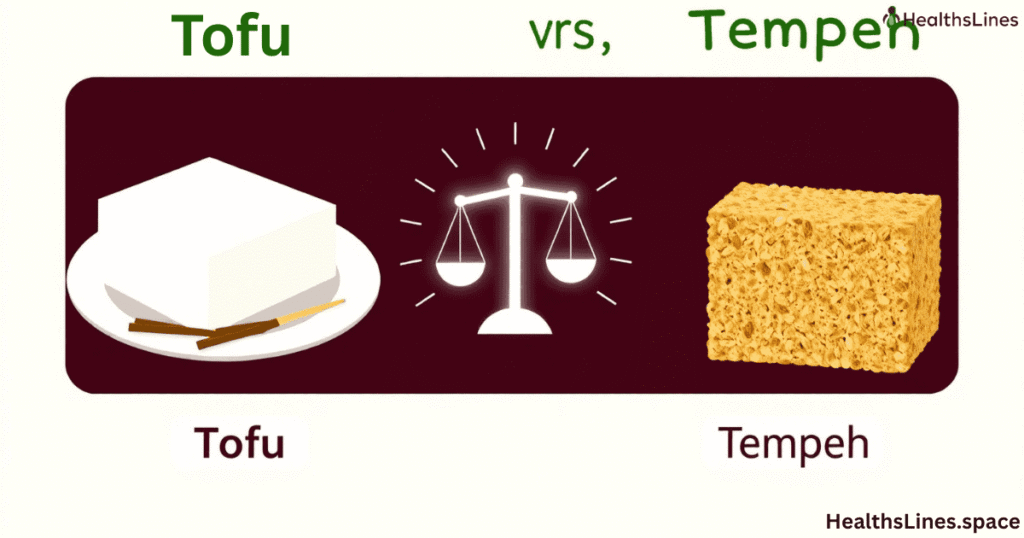
When looking at tofu vs tempeh nutrition comparison, the numbers show clear differences. Tofu is lighter, with fewer calories and less fat, while tempeh is richer, heavier, and full of protein and fiber.
Here is a side-by-side chart showing their nutrients per 100 grams:
| Nutrient | Tofu Nutrition | Tempeh Nutrition |
| Calories | ~76 kcal (tofu calories) | ~195 kcal (tempeh calories) |
| Protein | ~8g (tofu protein) | ~19g (tempeh protein) |
| Carbohydrates | ~2g | ~12g |
| Fiber | ~1g | ~7g |
| Fat | ~4g | ~11g |
| Calcium | ~350mg (tofu calcium content) | ~110mg |
| Magnesium | ~30mg | ~80mg (tempeh magnesium and fiber) |
| Probiotics | None | Present (tempeh probiotics) |
From this table, you can see why tofu for weight loss is common, while tempeh for muscle gain is often suggested. Tofu is light and low in calories, while tempeh is dense and protein-packed. Both are excellent vegan diet protein options.
Health Benefits of Tofu
There are many tofu benefits for health. Tofu is rich in soy isoflavones, which are plant compounds linked to heart health and hormone balance. These isoflavones may lower cholesterol, reduce menopause symptoms, and even help prevent some cancers.
Another benefit is tofu calcium and bone health. Since tofu is often made with calcium, it helps support bone strength, which is important for vegans who don’t get calcium from dairy. Tofu is also easy to digest. The tofu digestion benefits make it a safe choice for many people who have sensitive stomachs. Because of its lower tofu calories, it’s often chosen for weight loss diets. Many studies also compare tofu vs meat protein, showing that tofu provides similar nutrition but without the cholesterol and high fat that comes with animal protein.
Health Benefits of Tempeh
Tempeh benefits are many, and that’s why it is often called a superfood in the vegan world. One of the biggest advantages comes from the way tempeh is made. It is created by fermenting soybeans, and that fermentation process adds natural tempeh probiotics. These healthy bacteria help improve digestion, fight harmful microbes, and support a balanced gut. Many studies link a strong gut to better immunity and lower inflammation, so tempeh gut health is one of its strongest points. The high amount of fiber in tempeh also plays a role here, keeping the digestive system active and reducing problems like constipation. Because it is made from whole soybeans, tempeh holds on to more vitamins, minerals, and plant compounds compared to other soy-based foods.
Another important part of tempeh nutrition is its protein content. With almost 19 grams of tempeh protein in every 100 grams, it gives more protein than tofu and even compares well with animal sources. This makes it excellent for people focusing on strength, endurance, or tempeh for muscle gain. At the same time, it offers magnesium, iron, and fiber, which support energy, healthy blood, and strong bones. Since it is cholesterol free, tempeh also promotes heart health. By combining plant-based protein tempeh with other vegan diet protein options, you can build meals that are satisfying, balanced, and full of long-term health benefits.
Which Fits Better in a Vegan Diet?
When deciding between a tofu vegan diet and a tempeh vegan diet, it depends on your goals. If you want light meals that are easy to digest, tofu is often the better choice. Its mild flavor means it blends into almost any recipe, from curries to smoothies.
If you want more protein, fiber, and probiotics, then tempeh is stronger. It’s especially good for people who want to gain muscle or improve digestion. The truth is, the answer to tofu vs tempeh which is better depends on your needs. Most vegans use both, because together they cover more nutrients and keep meals interesting.
Culinary Uses and Taste
The tofu vs tempeh texture difference is clear in cooking. Tofu is soft and smooth, while tempeh is firm and chewy. Tofu works in almost anything because of its mild flavor. A popular choice is tofu scramble, which tastes like eggs. It also works in stir-fries, baked dishes, or soups.
Tempeh, with its nutty flavor, is often grilled, baked, or used in tempeh stir fry dishes. It feels more like meat, so it’s a great replacement for burgers or tacos. Many families use both: tofu for creamy or light dishes, and tempeh for hearty, filling meals.
Sustainability and Environmental Impact
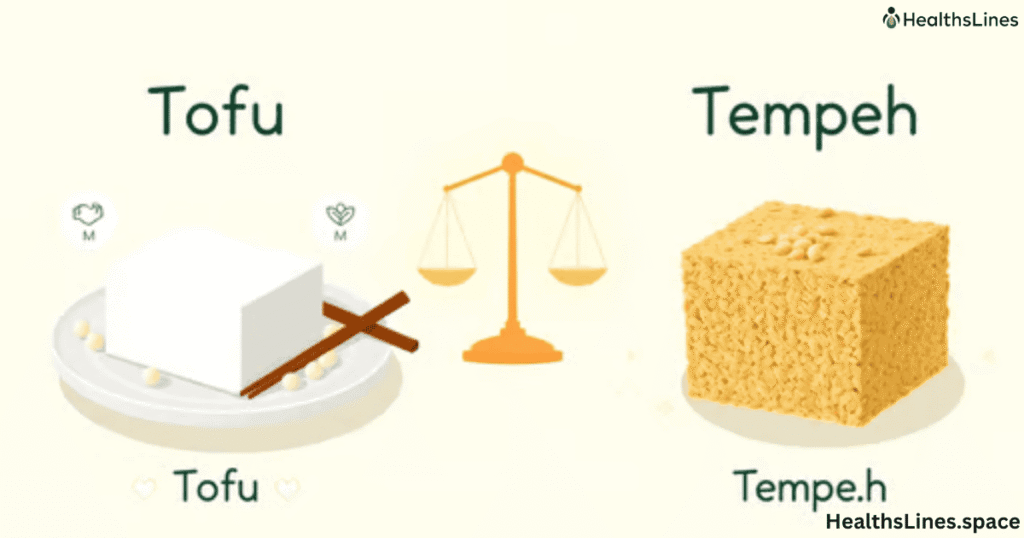
The debate around tofu vs tempeh sustainability is closely tied to how soy is grown and used worldwide. Many people worry about soy farming and deforestation, but it’s important to know that most soy crops feed animals, not humans. Choosing soy-based foods like tofu and tempeh directly is far more efficient, since it skips the middle step of raising livestock. This means both foods already have a much smaller environmental footprint compared to meat. When comparing tofu vs meat protein or tempeh vs meat protein, the difference in land use, water demand, and greenhouse gas emissions is massive. Eating soy foods instead of meat can cut emissions and preserve resources.
When comparing the two, tempeh uses whole soybeans, which makes it less processed and slightly more sustainable per serving. Tofu, though it goes through more steps, is still a low-impact food with big benefits for the planet. Studies on tofu vs tempeh environmental impact show that both are strong choices for anyone concerned about climate change and food production. The best way to reduce harm is to choose soy from sustainable farms that avoid deforestation and practice crop rotation. In the end, both tofu and tempeh support a greener lifestyle and show how plant-based protein sources can help protect the environment.
Case Studies and Real-Life Examples
A tofu vs tempeh case study looked at two athletes. One used tofu daily for six months, focusing on tofu for weight loss. The other used tempeh to boost muscle gain. At the end, the tofu eater had lost fat and improved energy, while the tempeh eater gained lean muscle and better digestion. Both had good results, but from different directions.
In another real example, families who used tofu in vegan cooking and tempeh in vegan recipes together reported better variety in their diets. By mixing plant-based protein tofu with plant-based protein tempeh, they covered more nutrients and enjoyed more flavors. This shows that combining both foods may be the smartest choice.
Conclusion
When it comes to tofu vs tempeh, there’s no single winner. Each food has its own strengths. Tofu nutrition provides calcium, easy digestion, and low calories, making it perfect for light meals and bone health. Tempeh nutrition delivers more protein, fiber, probiotics, and minerals, making it excellent for gut health and strength.
The best choice is not tofu or tempeh—it’s both. A balanced vegan diet that includes both foods gives you variety, taste, and complete nutrition. Whether you’re cooking a creamy tofu scramble or a hearty tempeh stir fry, these two soy superfoods can help you thrive on a plant-based path.
